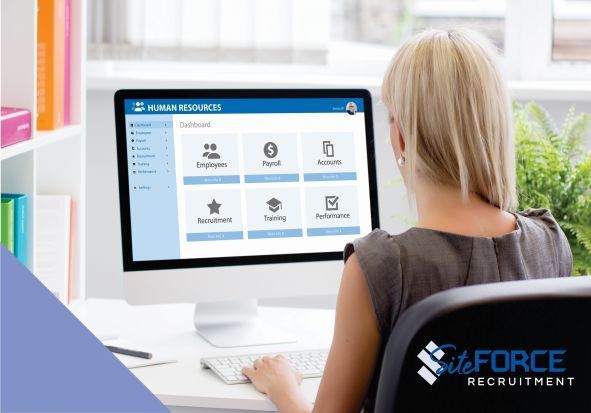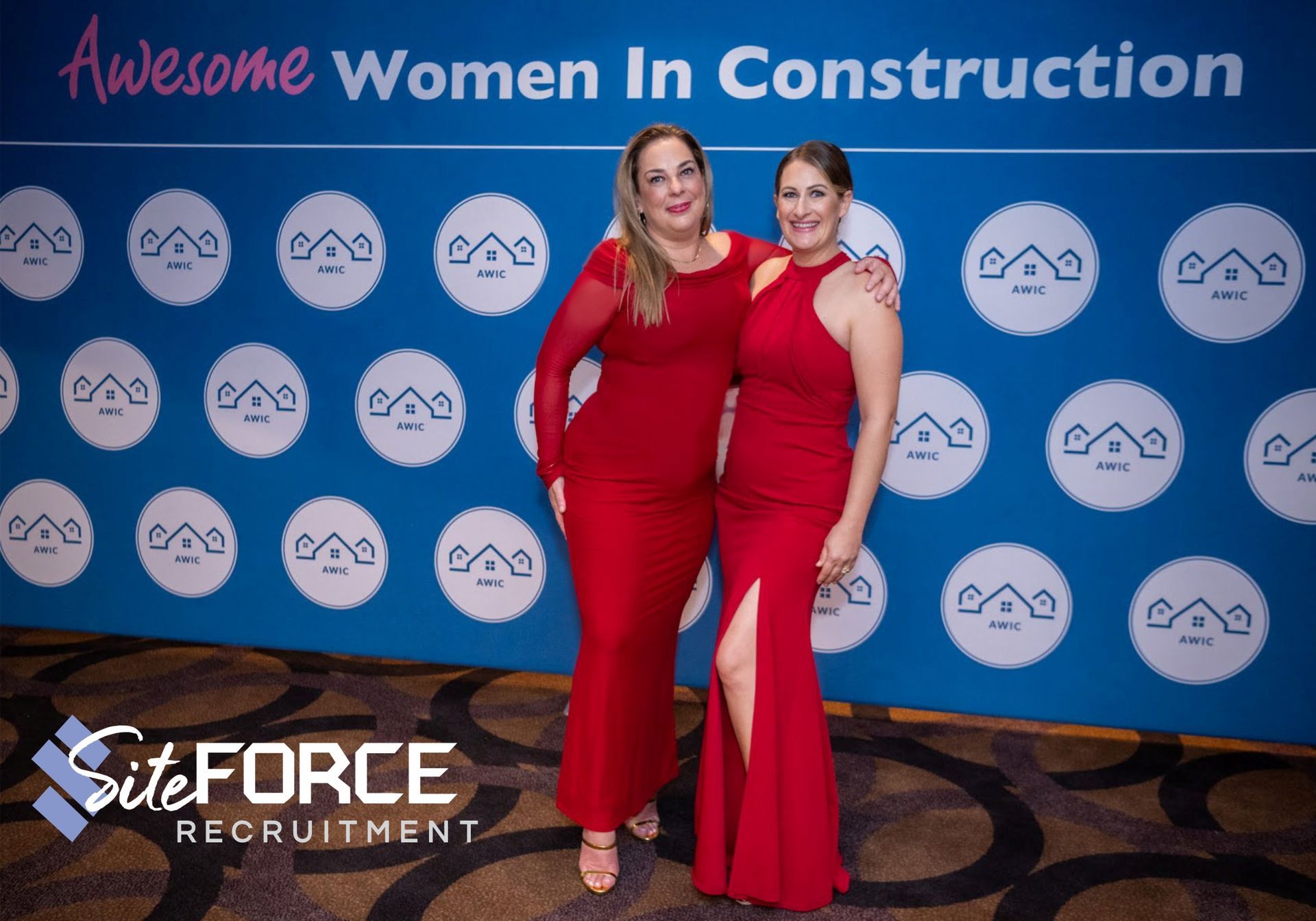‘MANAGING UP’ – Managing Your Manager
Sometimes Employees Need to Manage Up

In workplace dynamics, one crucial relationship often stands out: the one between an employee and their manager. While it's common to expect managers to guide, support, and lead their teams, the reality is that sometimes employees find themselves in the position of managing their manager.
Whether it's navigating difficult situations, resolving conflicts, or simply ensuring smooth communication, understanding how to effectively manage your manager can be key to your success and satisfaction in the workplace. I call this ‘Managing Up’.
Understanding the Need to Manage Your Manager:
In an ideal world, every manager would be a flawless leader, adept at communication, decision-making, and conflict resolution. However, the reality is often far from this picture-perfect scenario. Managers, like all individuals, have their strengths, weaknesses, and blind spots. Sometimes they are exhausted, pressured, or like others, have something going on in their lives that is hard to deal with. You know this, we’ve all been there.
This means, at times employees may find themselves in situations where they need to step up and take a proactive role in ‘managing up’, and manage their manager to ensure productivity and harmony in the workplace.
Identifying Difficult Situations and Areas of Conflict:
Difficult situations or areas of conflict in the workplace can arise for a variety of reasons. It could be a lack of clear communication, conflicting priorities, differing work styles, misunderstandings or even personality clashes. Recognising when you're facing such challenges with your manager is the first step towards effectively managing the situation.
Some common scenarios where employees may need to manage up include:
- Entitlement expectations: Not receiving understanding about your entitlements to sick or other leave. When you are a stellar employee but need to take time off you are faced with tension and/or lack of support from your manager.
- Misaligned expectations: When your manager's expectations don't align with your own or those of the team.
- Micromanagement: Feeling stifled or frustrated by constant oversight or control from your manager.
- Lack of support: Not receiving the necessary guidance, resources, or recognition from your manager. Or when faced with challenges or issues, your manager fails to provide the necessary guidance, resources, or support, leaving you feeling abandoned and overwhelmed.
- Favouritism: You notice your manager consistently shows preferential treatment towards certain team members, giving them more opportunities, resources, recognition, or leniency which creates a sense of unfairness and resentment among the rest of the team.
- Communication breakdowns: Your manager fails to communicate important information or changes effectively, leading to misunderstandings, errors or missed deadlines.
- Personality clashes: Struggling to connect or work effectively with a manager due to personality differences, work styles or conflicts leading to frequent conflicts, misunderstandings, or tension in your interactions.
- Lack of recognition: Despite your hard work and contributions, your manager fails to acknowledge your efforts or give you credit for your accomplishments, leading to feelings of frustration and demotivation.
- Decision-making disputes: You disagree with your manager’s decisions and priorities, feeling that they are not aligned with the best interests of the team or organisation, which leads to disagreements and frustration.
- Ignoring feedback: Your manager dismisses or ignores your input or suggestions for improvement, leading to a lack of trust and engagement in the decision-making process.
Tips for Managing Difficult Situations:
Stay Professional: First and foremost, stay professional, and make sure you are reliable and consistent in your work practices. Maintain a professional demeanour and avoid taking conflicts or disagreements personally. It is a fact of life that everyone will disagree at times, the tip for success is, not taking it personally, and looking for patterns. Everyone fails to be their best at times, but what you are looking for is behaviour that has a pattern that needs a remedy. That is not to say a serious once-off incident should not be dealt with, but be careful to also give someone a break also – we’re all human. We ask people to understand and accept us as individuals, so we have an equal responsibility to do that for others. By understanding how others operate, it fosters understanding and grows our expertise not only in handling others in the workplace, but also in life. Focus on the task at hand and keep the bigger picture in mind.
Open Communication: Foster open and honest communication with your manager. Express your concerns, preferences, and ideas in a constructive and respectful manner. Try to understand their personality and their perception of you and what the differences may be that are causing problems. Seek clarification when needed and actively listen to your manager's perspective. An ideal article to read is my “Chantal’s Personality Test” to develop your own understanding of personalities and how to get the best from situations.
Set Clear Expectations: Setting clear expectations is a cornerstone of effective communication and collaboration in the workplace. By clarifying roles, responsibilities, and expectations with your manager, you create a solid foundation for mutual understanding and accountability. This clarity not only helps to prevent misunderstandings or conflicts but also fosters a sense of trust and transparency between you and your manager. When everyone is aware of their role within the team and understands what is expected of them, it becomes easier to co-ordinate efforts, prioritise tasks, and work towards common goals. Additionally, establishing clear goals and objectives provides a roadmap for success, guiding both you and your manager in aligning priorities, making informed decisions, and measuring progress. By defining key milestones and benchmarks, you can ensure that everyone is working towards the same objectives, minimising ambiguity and maximising efficiency. Ultimately, clear expectations empower both you and your manager to collaborate more effectively, navigate challenges with confidence, and achieve shared success in the workplace.
Seek Feedback: Seeking feedback is a proactive approach to personal and professional development that can significantly enhance your growth trajectory in the workplace. Actively engaging with your manager to solicit feedback on your performance, projects, and areas for improvement demonstrates your commitment to continuous learning and improvement. By inviting your manager's perspective, you gain valuable insights into your strengths, areas of growth, and blind spots, which can inform your future actions and decisions. Embracing feedback as an opportunity for growth allows you to leverage constructive criticism as a catalyst for improvement rather than viewing it as a personal attack. Instead, adopt a growth mindset, recognising that feedback, whether positive or negative, is an invaluable resource for honing your skills, refining your approach, and reaching your full potential. Embrace feedback as a collaborative process, engaging in open and respectful dialogue with your manager to clarify expectations, address concerns, and chart a path forward for continued success. By embracing feedback as a cornerstone of your professional development journey, you position yourself as a proactive and growth-oriented individual, poised to thrive in any work environment.
Be Solution-Oriented: Being solution-oriented is a mindset that empowers individuals to approach challenges with resilience, creativity, and a proactive attitude. Rather than fixating on the obstacles or setbacks encountered in the workplace, adopting a solution-oriented approach entails shifting the focus towards identifying actionable solutions and alternatives. This mindset not only fosters a sense of empowerment and control but also cultivates a culture of innovation and continuous improvement within teams and organisations.
When faced with difficulties or roadblocks, a solution-oriented individual refrains from dwelling on the problem but instead channels their energy and focus into brainstorming and implementing effective solutions. They actively seek out opportunities to address challenges head-on, leveraging their resourcefulness, creativity, and problem-solving skills to navigate complex situations. Moreover, being solution-oriented involves proposing actionable ideas or suggestions to address challenges and enhance processes. This proactive approach demonstrates initiative, leadership, and a commitment to driving positive change. By presenting concrete and feasible solutions, individuals contribute to a culture of collaboration and progress, inspiring others to embrace a similar mindset and actively engage in problem-solving efforts.
Build Relationships: Building relationships is a cornerstone of success in the workplace, and investing time and effort in fostering a positive and productive relationship with your manager is paramount. This involves going beyond mere professional interactions and actively seeking to understand your manager on a personal level. By taking the initiative to learn about their communication style, preferences, and priorities, you gain valuable insights into how best to interact with them effectively.
Understanding your manager's communication style also allows you to tailor your interactions in a way that resonates with them. Some managers may prefer direct and concise communication, while others may value more detailed explanations or frequent updates. By adapting your communication approach to align with your manager's preferences, you can ensure that your messages are received and understood effectively, fostering clarity and transparency in your interactions.
Furthermore, gaining insight into your manager's priorities and objectives enables you to align your efforts with their or the organisation’s overarching goals. By demonstrating an understanding of what matters most to your manager, you can position yourself as a valuable asset to the team and contribute to the achievement of shared objectives. Whether it's aligning your tasks and projects with their strategic initiatives or offering support in areas where they need assistance, showing that you are invested in their success builds trust and strengthens your professional relationship.
Moreover, building a positive and productive relationship with your manager involves cultivating mutual respect, trust, and rapport. Take the time to listen actively to their feedback, concerns, and suggestions, and demonstrate empathy and understanding in your interactions. Show appreciation for their guidance and support, and be proactive in offering assistance or solutions when needed. By fostering a sense of camaraderie and collaboration, you create an environment where open communication thrives, and both you and your manager can work together effectively towards shared goals.
Document Issues: Documenting issues in the workplace is a proactive strategy that can provide invaluable support in navigating challenging situations and maintaining clarity in professional relationships. By keeping a record of significant interactions, agreements, and conflicts with your manager, you create a reliable reference point that can help you recall important details accurately and objectively. This documentation serves as a tangible record of events, ensuring that key points are not forgotten or misremembered over time. Moreover, documenting interactions can help provide clarity in situations where there may be differing perspectives or interpretations of events. By referring back to documented records, you can clarify misunderstandings, resolve discrepancies, and ensure that everyone involved has a shared understanding of the situation.
Additionally, documenting conflicts or disagreements with your manager can serve as a form of protection in case of future disputes or grievances. Having a clear and comprehensive record of events can provide evidence to support your position and protect your interests if needed. Overall, documenting issues with your manager is a proactive measure that promotes transparency, accountability, and clarity in professional relationships, ultimately contributing to a positive and productive work environment.
Recognising One-off Situations vs. Patterns of Difficulty:
While occasional challenges with your manager are not uncommon, it's essential to differentiate between one-off situations and patterns of difficulty. One-off situations may arise due to temporary factors such as stress, workload, or external pressures. In contrast, patterns of difficulty suggest deeper-rooted issues that may require more proactive steps to address.
If you find yourself facing recurring issues or persistent challenges with your manager, consider the following steps:
1. Seek Feedback from Others: Talk to trusted colleagues, mentors, or HR professionals to gain perspective and insight into the situation. This is not the time nor opportunity to gossip or try to build an alliance or rally others against your Manager – this isn’t a game of ‘Survivor’. Doing that is immature and builds a toxic culture. It focuses energy into discontent and it is simply not productive. You need to seek someone who can give you good advice in getting the best out of the situation.
2. Explore Resolution Options: Explore internal resources or channels available within your organisation to address conflicts or grievances, such as mediation, HR support, or leadership intervention.
3. Evaluate Your Options: Assess whether the situation is manageable or if it's impacting your well-being, performance, or career progression. Consider whether it may be necessary to explore alternative roles or opportunities within or outside the organisation.
‘Managing Up’ or managing your manager in the workplace is not about exerting control or undermining authority but rather about fostering effective communication, collaboration, and mutual respect.
By understanding and navigating difficult situations with tact and diplomacy, employees can help create a more positive and productive work environment for themselves and their teams. Remember, it's not personal - managers, like everyone else, face challenges, and by working together, both employees and managers can overcome obstacles and achieve shared goals.
You want a high-quality work culture, and simply, that requires work from everyone.
Our Superpower
Our leading 'superpower' is attracting and retaining quality team members who share our values of honesty, integrity, diligence, and service, allowing us to deploy quality team members on client sites quickly.
Our team member's superpower is being motivated, prepared and ready to enthusiastically contribute to the projects at hand, more than just a pair of hands.
Related articles:
Read other informative articles for both employers and workers at: https://www.siteforcerecruitment.com.au/blogs
Chantal Penny is the Director with Superpowers of SiteForce Recruitment. A thought leader in the industry, Chantal, based on her expertise and industry perspective, offers unique guidance, inspiration, and influence in the industry. Chantal Penny is also a thought leader in the industry with her Podcast, Talent Instinct, which is available at:
https://talentinstinctpodcast.libsyn.com/site
At SiteForce Recruitment, we specialise in labour-hire and permanent recruitment in the construction industry. We are committed to valuing people, safety and wellbeing, collaboration, trust and, of course – results!
CONNECT with us via our contact page or bookings links on our website if you are looking to recruit for, get your dream job, or join our amazing labour force team.











